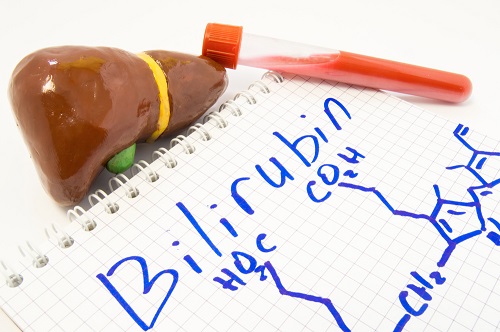What do I need to know about White Blood Cells?
They make up 1% of our total blood composition. Despite their low ratio, they have a crucial role to play in the human body. They are produced and stored in the bones. Having a higher or lower number of WBCs than normal may indicate an underlying condition such as autoimmune diseases, immune deficiencies, and blood disorders.
WBC count is tested as a part of Complete Blood Count (CBC). Different types of WBC cells are found in the bloodstream and are reported separately in tests.
An ideal WBC count in the body
The normal range is usually between 4,000 and 11,000 per microliter of blood. A count of less than 4,500 cells per microliter (4.5 × 109/L) is below normal.
Normal White Blood Cell Distribution
| White blood cell line | Normal % of total leukocyte count |
| Neutrophils | 40 – 60 |
| Lymphocytes | 20 – 40 |
| Monocytes | 2 – 8 |
| Eosinophils | 1 – 4 |
| Basophils | 0.5 – 1 |
What causes a high or low WBC count?
WBCs have a short lifespan. Our body keeps manufacturing them over and over. However, there are often cases of either a low or a high WBC count.
General causes of a high WBC (leukocytosis) are infections, tuberculosis, smoking, pregnancy, allergies, drugs, stress, tissue damage etc. On the other hand, the main causes of a low WBC (leukocytopenia) are severe infections, HIV/AIDS, certain bone marrow conditions, Cancer, Spleen diseases, Autoimmune disorders etc. Certain medications and treatment processes such as chemotherapy may also cause leukopenia.
What are my risks of having a high or low WBC count?
Both leukocytosis and leukopenia pose certain risks to the human body. Leukocytosis or a high WBC count can result in thickening of our blood, that’ll restrict it from flowing smoothly and properly. Besides that, vision problems, breathing problems, fever with body pain, allergies, itchy skin and rashes and even strokes (in some cases) are the common risks that a high WBC count or leukocytosis poses to a human body.
On the other hand, a low WBC count or leukopenia can also pose serious threats as it means our immune system is prone to attack of certain bacteria and viruses, and isn’t fully capable of repelling them. High fevers, chills and often sweating are the few symptoms of leukopenia. In some cases, it can also cause life threatening infections. Malnutrition, autoimmune disorders and infectious diseases also are other risks that leukopenia brings with itself.
How to decrease high white blood cell count at home?
To lower your high white blood cell count, you should consider these in your diet:
- Vitamin C. Eating Vitamin C will help regulate the levels of white blood cells in your body. Fruits like lemons, oranges, and lime are rich in vitamin C, and so are papayas, berries, guavas, and pineapples. Vitamin C is also found in vegetables such as cauliflower, broccoli, carrots, and bell peppers.
- Antioxidants. Antioxidants are chemicals that neutralize harmful molecules called free radicals that can damage cells and DNA. Antioxidants can eliminate them, which is why they are also called ‘free radical scavengers’. Adding leeks, onions, garlic, tea, grapes, and other fruits and veggies to your diet provides your body with antioxidants that support a healthy immune system.
- Omega-3 Fatty Acids. These not only improve your cardiovascular health but also elevate the activity of phagocytes, a specific type of white blood cells that fight off foreign bacteria. This fat is available in fatty fish like herring, trout, and salmon, as well as in flaxseed and walnuts.
- Avoid foods rich in sugar, fat and salt. You can replace them with any food that lowers inflammation, like grapes, garlic, spices, nuts, soy protein, vinegar, and black and green teas.





